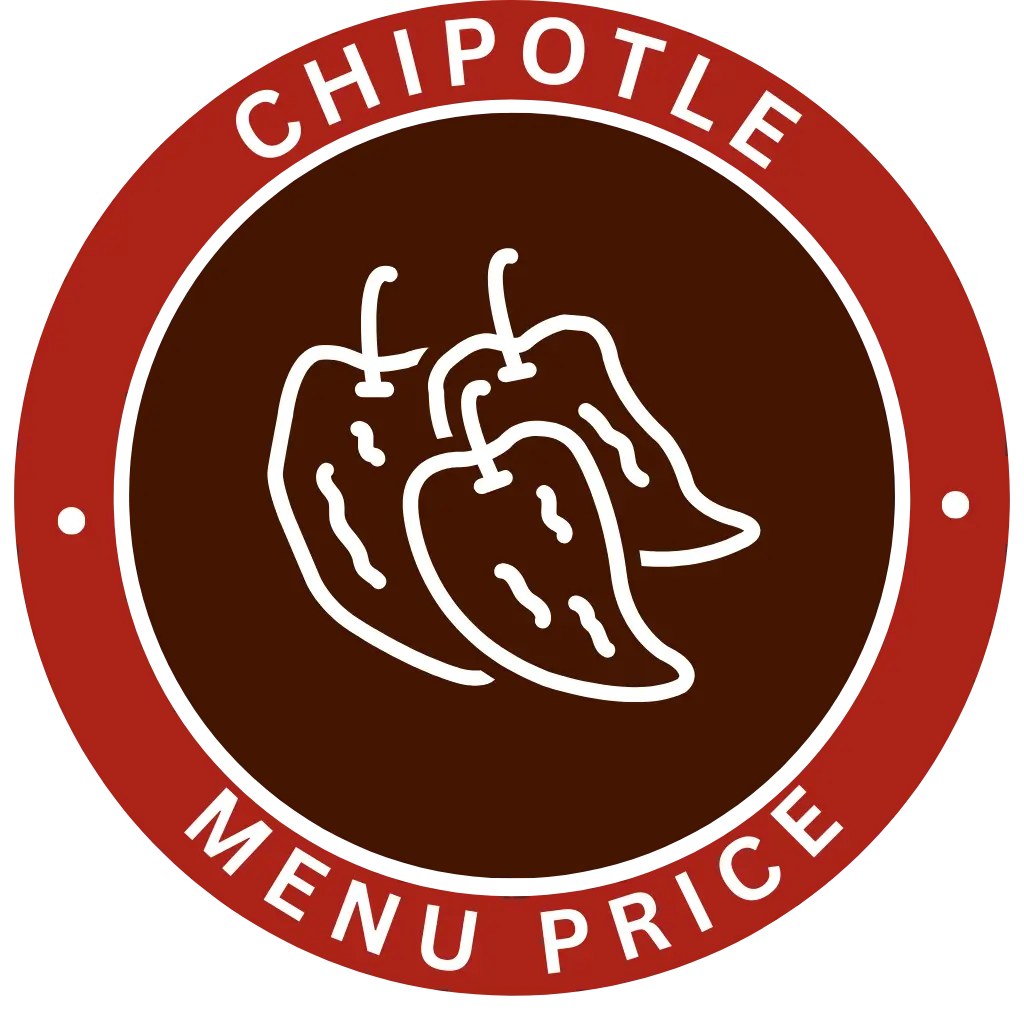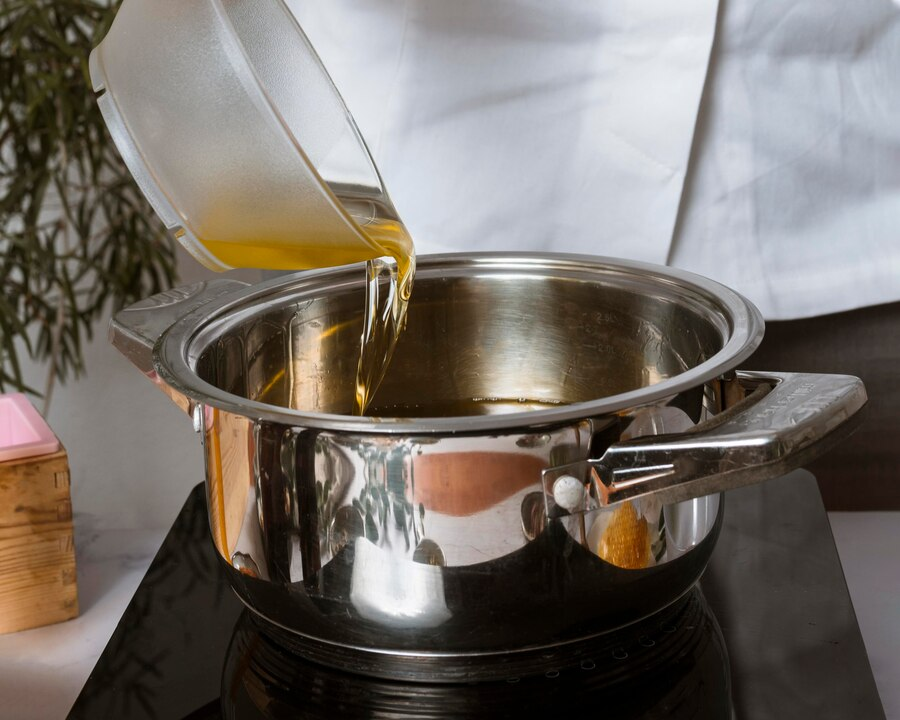How to Minimize Oil Spills and Wastage in a Busy Kitchen
A fast-paced kitchen relies on efficiency, but properly managing cooking oil is often overlooked. From deep fryers in restaurants to stovetop frying at home, spills and oil wastage can lead to safety hazards and unnecessary expenses. Whether running a commercial kitchen or cooking for a crowd, taking control of oil management ensures cost savings and a cleaner workspace.
https://savefryoil.com/ offers essential information for maintaining oil quality and reducing waste in high-volume cooking environments. Below are some best practices provided by the platform for handling, storage, and disposal of oil. Follow them to maximize efficiency while maintaining food quality and safety.
Proper Oil Handling Techniques
Handling oil correctly reduces the risk of spills and extends its usability. Many kitchens waste oil simply because of improper pouring, transferring, or overheating.
When pouring oil into deep fryers or pans, do so slowly and at a controlled angle to prevent splashes. Avoid overfilling cooking vessels, as hot oil expands and can spill over. If using bulk oil, always use proper dispensing equipment rather than free-pouring from large containers. Automated filtration systems and oil pumps help minimize mess and improve safety.
Temperature control is equally important. Overheating oil accelerates degradation, leading to more frequent disposal and higher costs. Use a thermometer to maintain the ideal frying temperature—typically between 350-375°F—preventing unnecessary waste and ensuring food quality.
Storing Oil Safely
Storage plays a critical role in extending the life of cooking oil. Oil should be kept in a clean, airtight container away from direct sunlight and heat to preserve its quality. Excessive exposure to light and air can cause oxidation, resulting in rancid oil that must be discarded.
Allow used oil to cool completely before transferring it to a sealed container. Labeling containers with usage dates ensures proper rotation and prevents cross-contamination. In commercial kitchens, investing in oil storage solutions with built-in filtration helps extend oil life and maintain cleanliness.
Effective Filtration and Reuse Practices
One of the most effective ways to minimize oil wastage is through proper filtration and reuse. Many restaurants discard oil too soon when, in reality, it can be filtered and reused multiple times. Filtering removes food particles that cause breakdown, extending oil longevity without compromising food taste.
Use fine-mesh strainers or commercial filtration machines to remove debris after each use. Some fryers have built-in filtration systems that simplify the process, reducing waste and labor. Keeping oil clean significantly lowers costs and improves frying consistency.
Preventing Spills During Disposal
Disposing of used oil requires caution to avoid spills and environmental harm. Never pour oil down drains, as it can solidify and cause plumbing issues. Instead, transfer cooled oil into a designated recycling container. Many cities have disposal programs that collect used cooking oil for biodiesel production.
For commercial kitchens, partnering with an oil recycling service ensures proper handling and compliance with regulations. Restaurants generating large quantities of oil should have a dedicated storage and collection system to streamline disposal.
Conclusion
Managing oil efficiently in a busy kitchen saves costs and improves safety, cleanliness, and sustainability. By handling oil carefully, storing it properly, and filtering it regularly, you can reduce waste and extend usability. Whether in a home kitchen or a large-scale restaurant, these strategies ensure a more efficient cooking environment. A proactive approach to oil management leads to a cleaner, safer, and more profitable kitchen.







